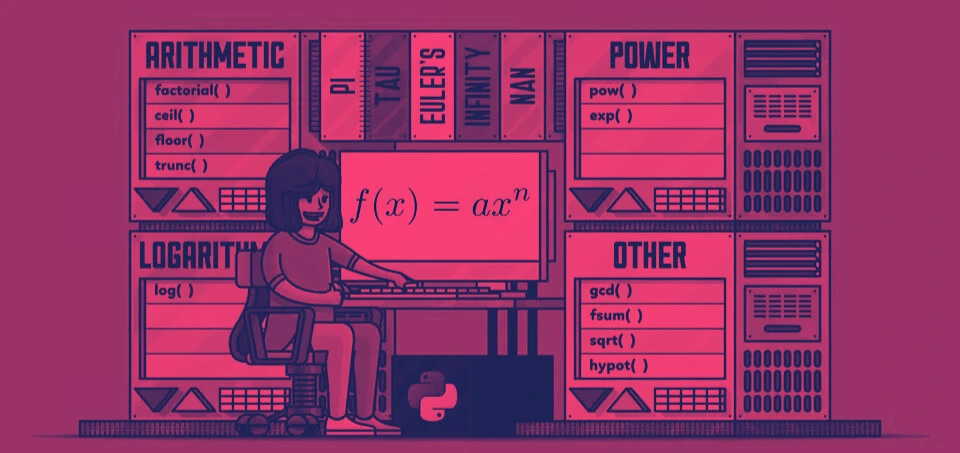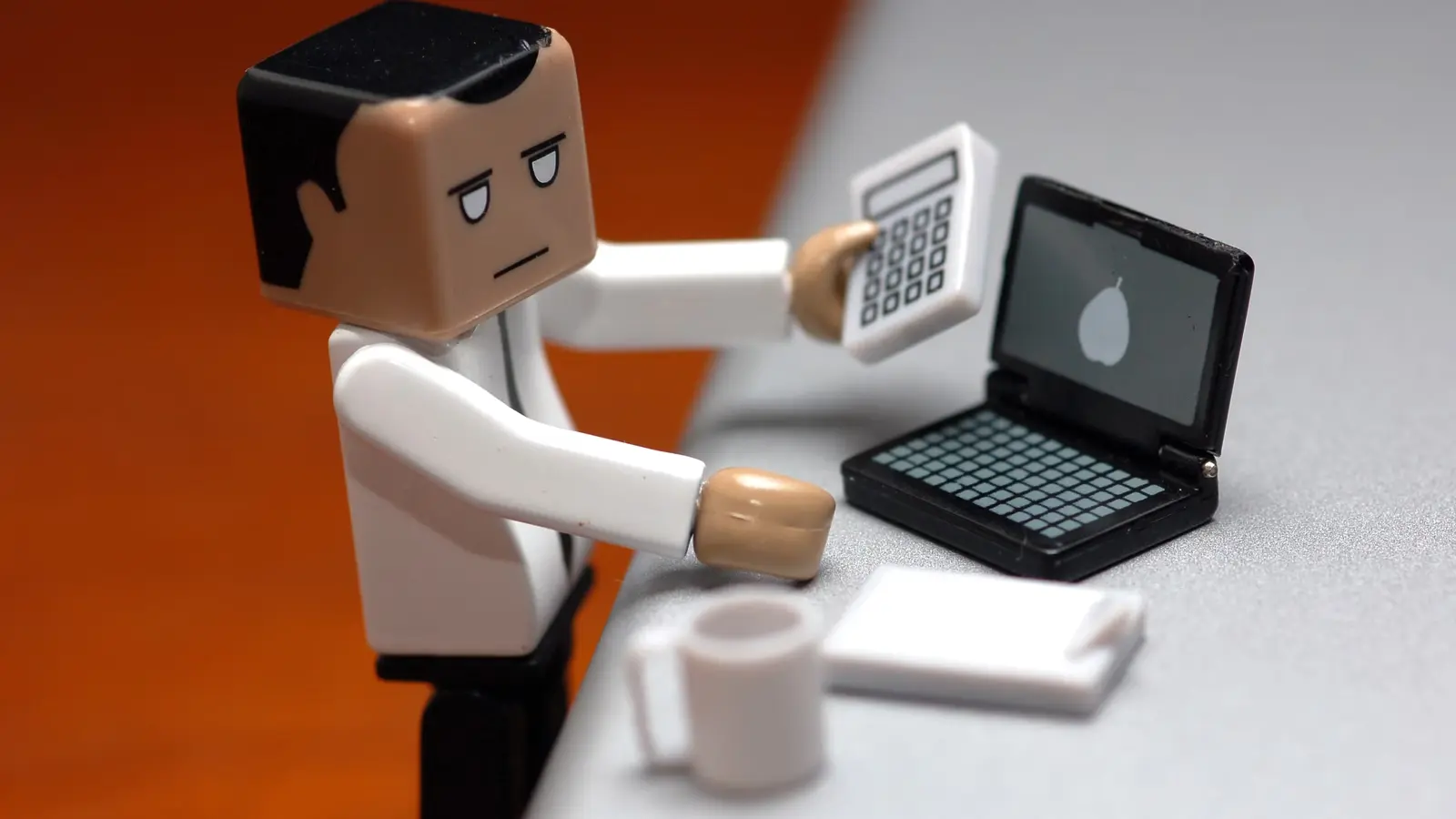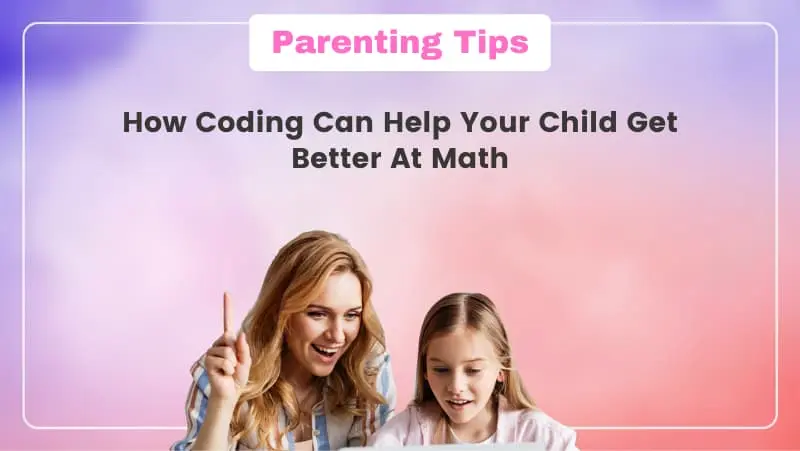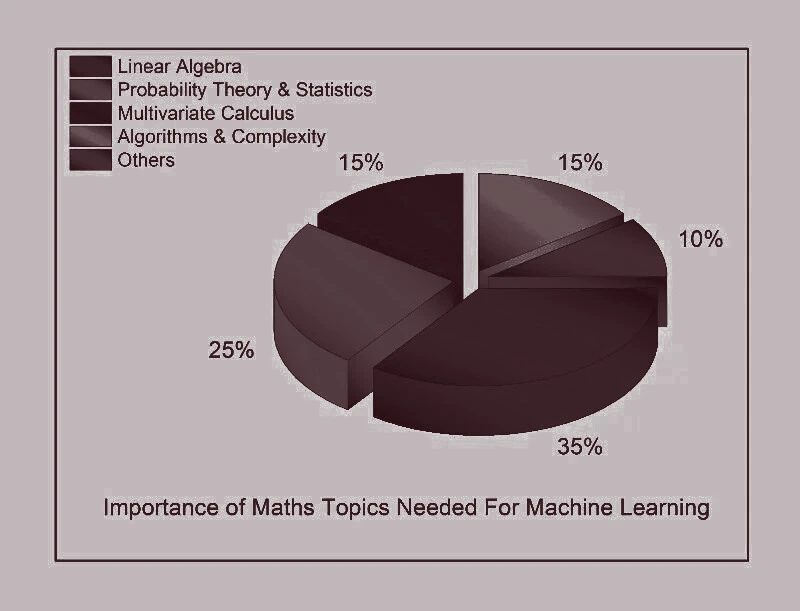
Update: This article was last updated on 5 November 2024 to reflect the accuracy and up-to-date information on the page
Coding and math are closely related fields. Many mathematical concepts are used in computer science, and a strong foundation in math is often essential for success in coding.
For example, concepts such as:
1. Algorithms
2. Data structures, and
3. Computational complexity
are all based on mathematical principles. Additionally, many of the algorithms used in computer programming involve mathematical operations such as addition, subtraction, multiplication, and division.
Recommended Reading: Top 5 Math Project Ideas for Kids
Mathematics is used in various fields of computer science such as:
- Game development
- Artificial Intelligence
- Machine Learning
- Simulation
- Cryptography
How Exactly Is Math and Coding Related?
Coding is about 0s and 1s, and therefore, people often wonder if it involves math. Different types of programming require different levels of math.
For instance, those pursuing game development or machine learning require extensive knowledge of mathematics. In game development, for example, understanding concepts like trigonometry and calculus is crucial for creating realistic movement and physics in games. At the same time, web developers and software engineers need a basic level of math, such as basic algebra, how to use variables and formulas, order of operations, etc. This level of math is sufficient for tasks like creating web interfaces and writing basic software.
For parents looking into coding classes for kids, starting early can build essential skills. An experiment conducted by Walden University indicated a statistically significant difference in mathematics growth from September to June in preschool students who were taught computer coding compared to students who were not taught computer coding.
If you research, you will find out that more data needs more math. The programmers apply elaborate algorithms to sort, analyze, and convert data into something useful, while coders need algorithmic thinking and computational thinking to write bug-free codes.
How Does Coding Help Children in Learning Mathematics Concepts?
Coding can help students learn math by providing a hands-on, interactive way to understand mathematical concepts. By writing code, students can experiment with different mathematical principles and see how they work.
For instance, coding a game can involve understanding and applying concepts like coordinates, functions, and logic, making these math concepts more tangible and engaging. This hands-on approach not only makes math more interesting for students but also helps them develop problem-solving and critical-thinking skills. Mathematical concepts are used in computer science, so learning to code can also provide students with a foundation for a future career in technology.
Recommended Reading: Vedic Math for Kids: Why It Is Important
Types of Math Used in Coding
Binary Mathematics:
Binary mathematics is the backbone of computer programming, and one must know it to master programming. Binary number mathematics uses only two digits—0 and 1. Computers represent numbers using binary code in the form of digital 1s and 0s inside the central processing unit (CPU). The processor inside the computer can execute only binary commands. Binary code simplifies the coding process.
It is used for basic-level instructions in hardware programming. In binary mathematics, addition, subtraction, multiplication, and division are also used.
It is used for basic-level instructions in hardware programming. Beyond this, within binary mathematics, addition, subtraction, multiplication, and division are also used.
Statistics:
Statistics deals with quantitative data. It is the practice of collecting, organizing, analyzing, interpreting, and presenting data. For advanced programming, a deep understanding of statistics is a must because statistics is used for data mining, data compression, artificial intelligence, and network and traffic modeling. It is also used for speech recognition, vision, and image analysis.
Calculus:
Calculus studies rates of change. There are two types of calculus: differential calculus helps find a function’s rate of change, and integral calculus finds the function when its rate of change is given.
In computer science, calculus comes in handy for graphics programming, image processing, and other visuals. They mostly used it in games, simulations, etc.
Discrete Mathematics:
Discrete mathematics is a branch of mathematics concerned with the study of objects that can be represented finitely (or countably), according to an article on the University of Chicago website. It caters to a wide range of topics, such as logic, number theory, counting, probability, recurrences, and graph theory.
It provides a base for virtually every area of computer science, including algorithms, computer systems, computer architecture, computer security, databases, distributed systems, functional programming, operating systems, machine learning, and networks.
This is the graphical representation of data providing information on the importance of maths for coding.
It is evident that math and coding are related and that math is involved in programming. It is also clear, that math is not only closely related to computer programming, but it also serves as a foundation for it. Therefore, a good knowledge of math will provide a profound base for anyone interested in computer programming.
FAQs on Math and Coding
1. How much math do I need to start coding?
The level of math required to start coding can vary depending on your area of interest. For beginners, basic arithmetic and algebra are generally enough to get started in fields like web development. This reassurance can make the audience feel encouraged and empowered to start their coding journey, regardless of their current math skills.
2. Can I learn coding without being good at math?
Yes! Many programming languages are designed to simplify the Math and Coding relationship, making it accessible even for those who aren’t math experts. While some fields, like machine learning or cryptography, require in-depth math knowledge, others, like front-end web development, rely more on logical thinking and creativity than heavy math skills.
3. What kinds of math are most useful in coding?
Depending on your coding focus, useful math topics may vary. For instance, binary mathematics is foundational in computer science, while calculus is often essential in game development and graphics programming. The importance of statistics in fields like AI and data analysis further highlights the deep connection between Math and Coding. So, whether it’s algebra, geometry, or calculus, each type has a significant application in coding.
4. How can coding help improve my math skills?
Engaging with Math and Coding allows students to visualize and interact with mathematical concepts. Coding challenges can reinforce understanding of topics like coordinates, functions, and basic logic. It also encourages problem-solving, which is crucial for both math and programming. This hands-on experience can make math concepts clearer and more enjoyable.
5. Is coding a good career for someone interested in math?
Absolutely! Many coding careers thrive on solid math skills, especially those in data science, cybersecurity, and machine learning. Math and Coding intersect significantly in these fields, and the skills you gain in math can open up numerous tech career paths.
6. Are there any resources to learn math through coding?
There are many interactive platforms, like Khan Academy, Code.org, and others, that teach both Math and Coding through engaging activities. These resources are perfect for students and beginners who want to enhance their math skills while learning to code.
Want to make your child future-ready with Robotics? Moonpreneur offers a tailor-made program. Reserve a spot in our free 60-minute workshop today and introduce them to the amazing world of robotics and innovations!




























